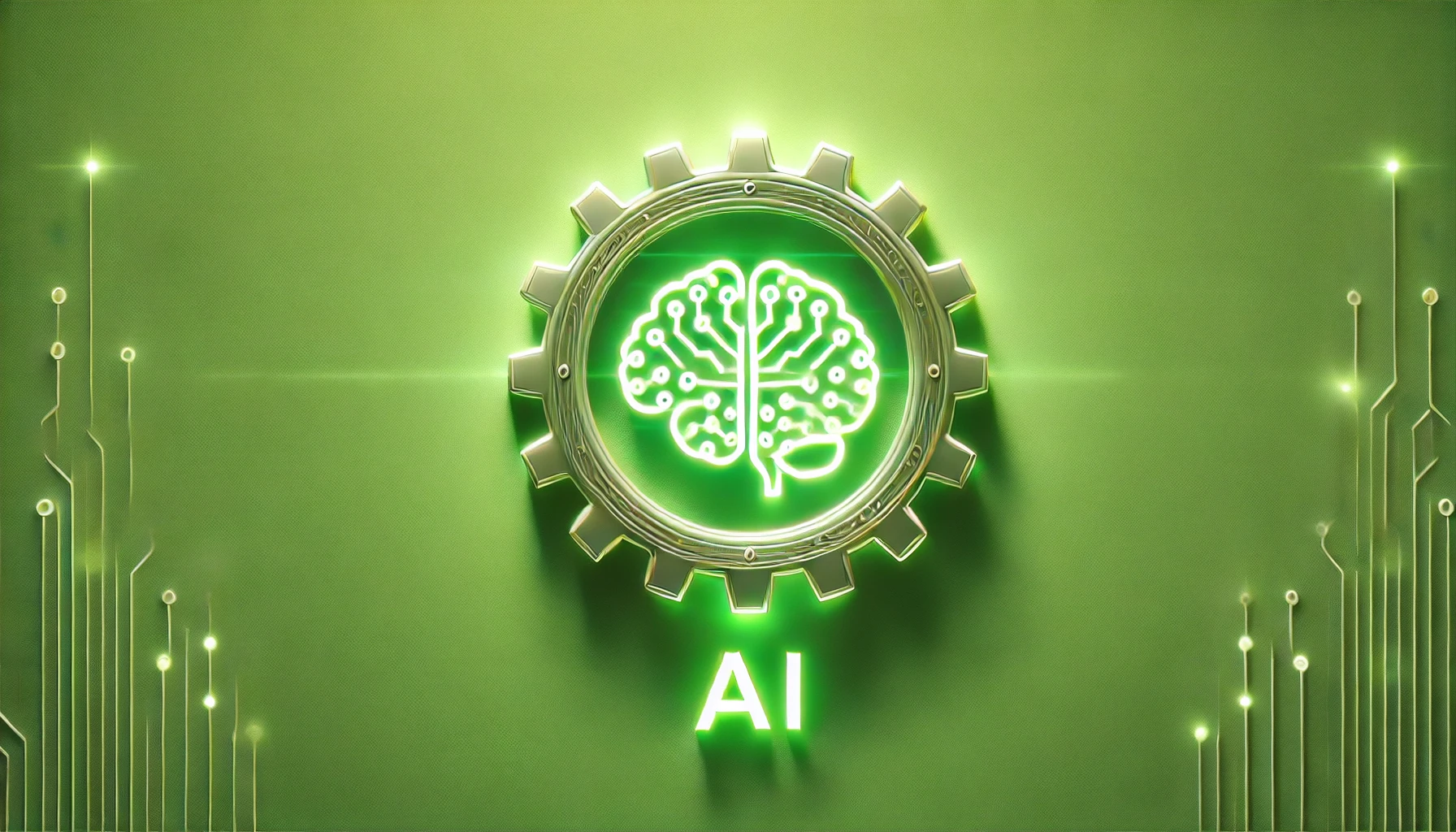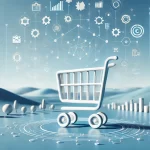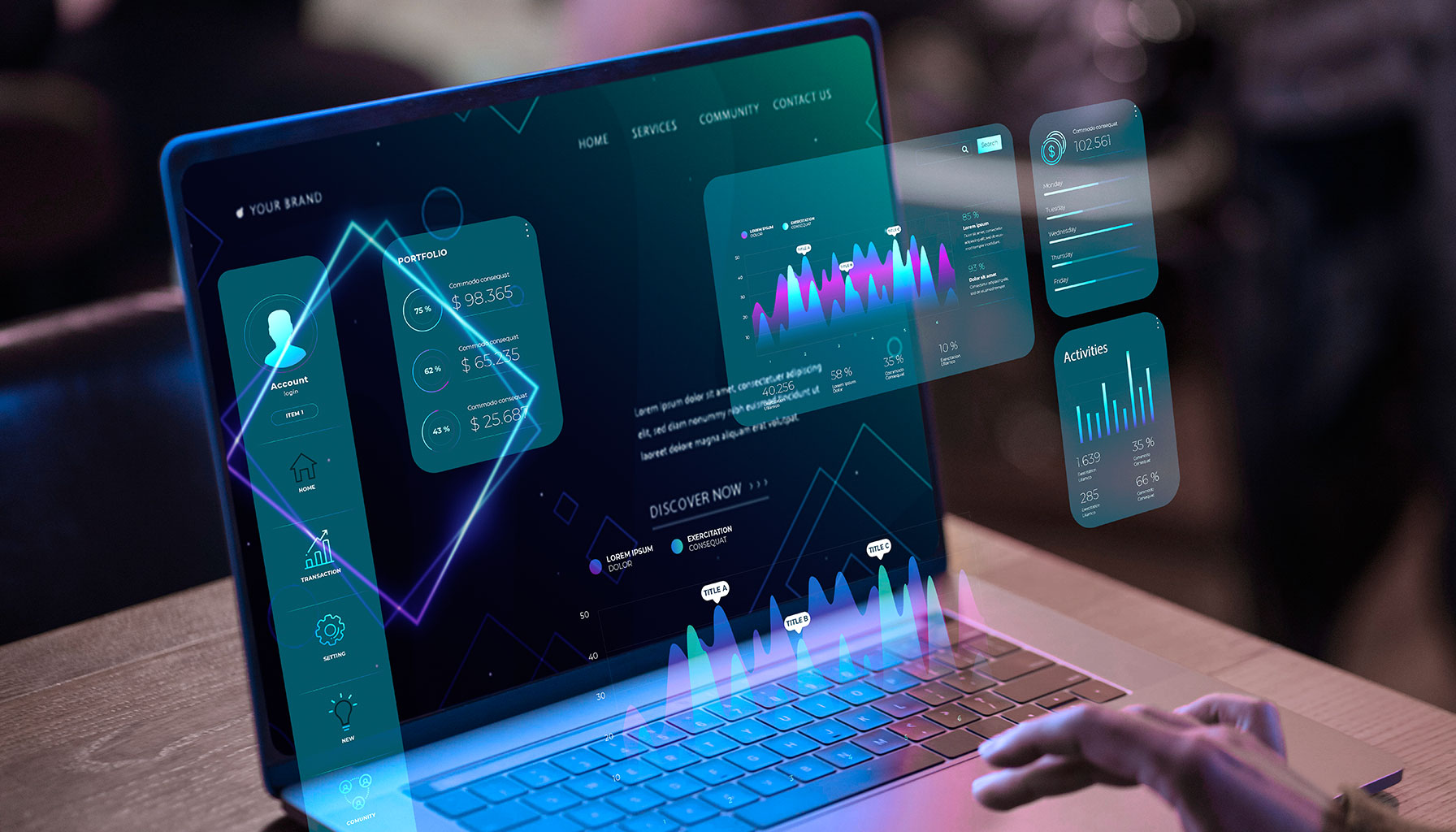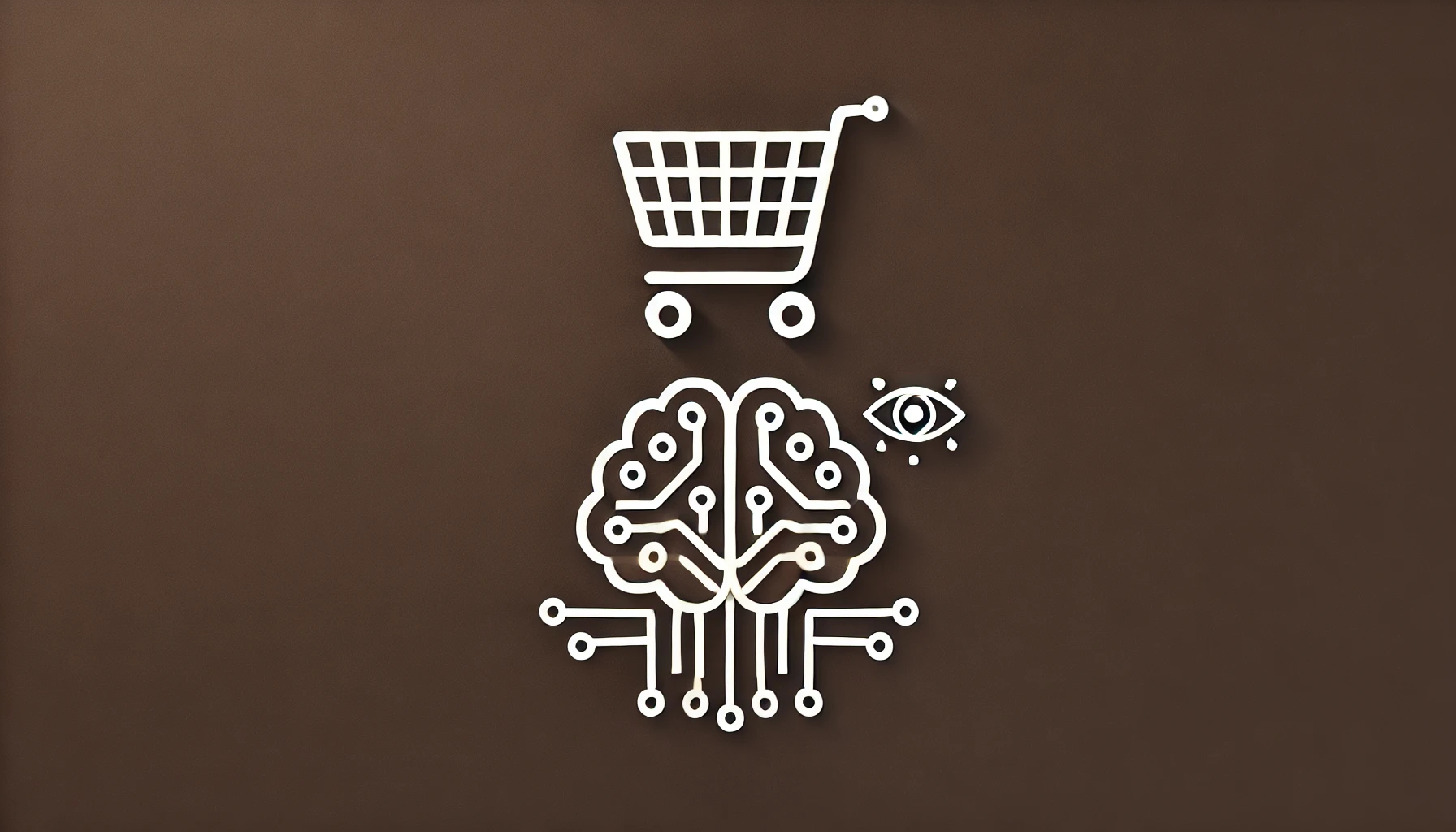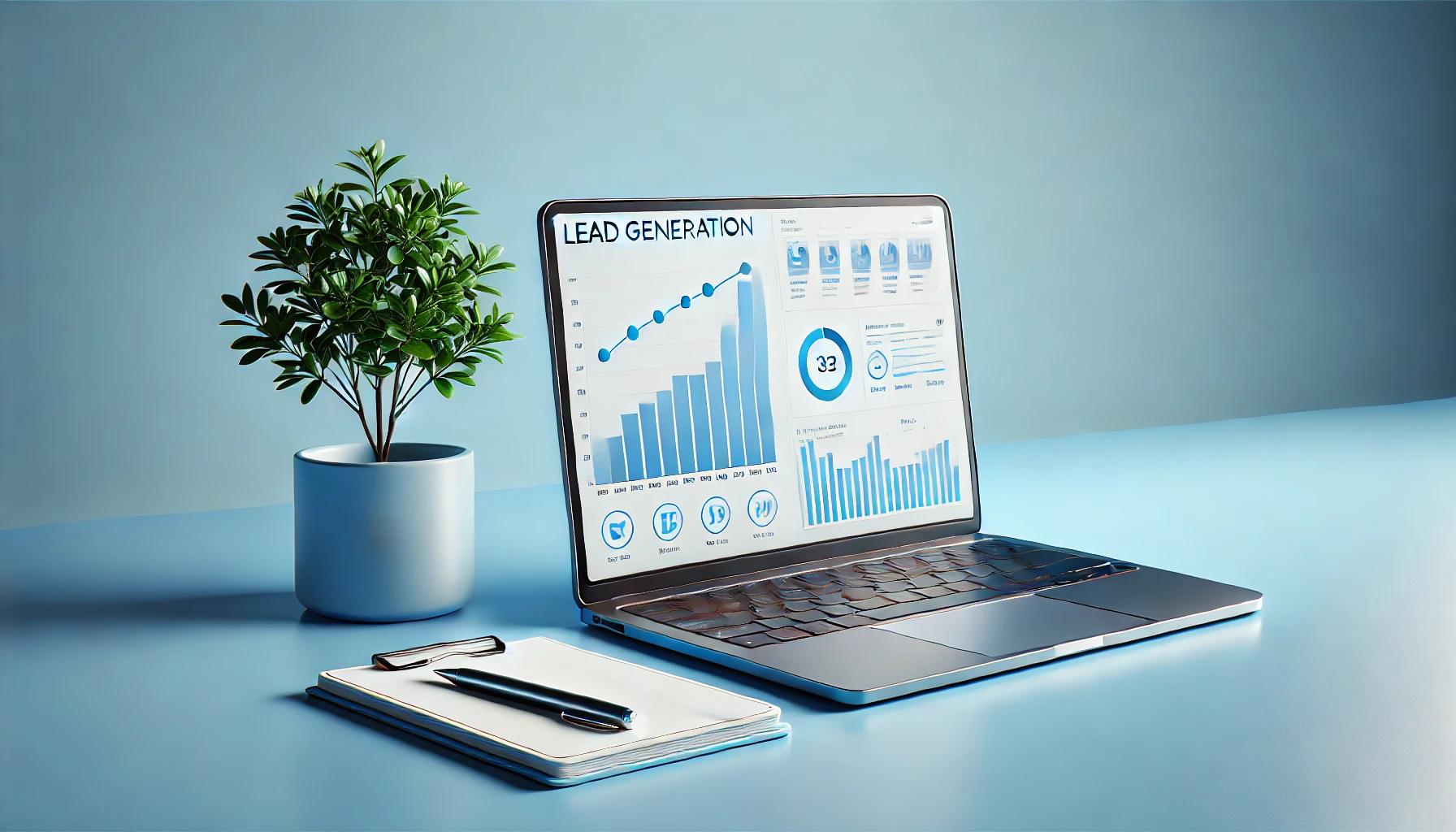In the digital age, businesses are increasingly relying on data to drive their marketing strategies. The advent of Artificial Intelligence (AI) and Machine Learning (ML) has revolutionized how marketers collect, analyze, and utilize data. By enabling smarter decision-making and automating key processes, AI and ML are transforming traditional marketing approaches across various platforms like Search Engine Optimization (SEO), Google Ads, social media, and website design.
This article explores how AI and ML are reshaping data-driven marketing, enhancing effectiveness, and delivering more personalized, efficient, and profitable marketing campaigns.
The Evolution of Data-Driven Marketing
Data-driven marketing refers to the use of data to inform and optimize marketing strategies. This includes using customer behavior data, demographics, preferences, and interactions to create targeted, personalized experiences. In the past, marketers would rely on gut instinct, intuition, or limited customer information. However, with the rise of digital technologies, an abundance of data became available, pushing the industry toward more analytical and precision-based approaches.
AI and ML are the catalysts for a new era in data-driven marketing, empowering brands to move beyond basic analytics and engage in more predictive, prescriptive, and real-time decision-making.
1. AI and Machine Learning in SEO
Search Engine Optimization (SEO) is essential for driving organic traffic to a website, and AI and ML have brought significant advancements in how SEO strategies are developed, executed, and evaluated.
Automated Content Optimization
AI-powered tools like semantic search, content analysis tools, and natural language processing (NLP) are helping marketers optimize content more effectively. These tools can analyze millions of data points to identify what keywords and phrases are most likely to improve a website’s search ranking.
Machine learning algorithms can also analyze how search engine algorithms evolve, allowing SEO professionals to automatically adjust strategies based on changes in ranking factors. For instance, Google’s BERT algorithm update has made it essential for content creators to write more naturally and focus on user intent. Machine learning algorithms help predict these updates and allow marketers to stay ahead of the curve.
Voice Search Optimization
With the rise of smart assistants like Alexa, Siri, and Google Assistant, voice search is becoming an increasingly important aspect of SEO. AI and machine learning algorithms are helping optimize websites for voice search by understanding how users interact with voice search queries.
Voice search often differs from typed queries, and machine learning can identify these differences. By analyzing large datasets, AI can suggest content that answers the questions most likely to be asked in natural language, improving voice search optimization and enhancing visibility.
Predictive Search Trends
AI tools can also analyze search trends and predict future consumer behavior. By leveraging machine learning, businesses can anticipate which keywords and search terms are likely to gain traction, allowing for proactive content creation and SEO strategies.
2. AI in Google Ads
Google Ads is a powerful platform for driving targeted traffic, but the complexity of managing campaigns can overwhelm even seasoned marketers. AI and ML have made significant strides in improving the effectiveness and efficiency of Google Ads campaigns.
Automated Bidding and Budget Optimization
Machine learning has revolutionized bidding strategies on Google Ads. Previously, marketers manually adjusted bids for keywords, but with smart bidding, AI can automatically adjust bids based on the likelihood of conversion. Google’s machine learning models analyze a vast array of variables—such as time of day, location, device type, and user intent—and adjust bids to maximize results at the lowest cost per acquisition.
Dynamic Ad Personalization
AI algorithms are able to generate personalized ads based on user behavior and preferences. By analyzing browsing patterns, demographics, and search queries, machine learning models help create highly targeted ads that resonate with individual users. This hyper-personalization leads to better engagement, higher click-through rates (CTR), and ultimately, improved return on investment (ROI) for advertisers.
Predictive Analytics and A/B Testing
A/B testing has long been a staple of digital marketing, but AI takes this process to the next level. Instead of just comparing two versions of an ad, machine learning algorithms can analyze multiple variations simultaneously, identifying which combinations of headlines, images, and calls to action are likely to perform best. AI also predicts future performance based on historical data, allowing advertisers to make informed decisions before running a campaign.
3. AI in Social Media Marketing
Social media platforms are a goldmine of data, but analyzing and making sense of this data can be daunting. AI and ML are essential tools for social media marketers, helping them track performance, enhance engagement, and optimize content strategy.
Sentiment Analysis
AI-driven sentiment analysis tools use natural language processing (NLP) to assess the tone and sentiment of user comments, reviews, and posts. This enables marketers to understand public perception of their brand, product, or service, and respond to customer feedback more effectively.
By analyzing vast quantities of social media data, AI can identify patterns in sentiment, providing marketers with valuable insights into their audience’s emotional reactions. This enables brands to address concerns proactively and tailor their content to evoke more positive responses.
Social Media Listening
Social media listening tools, powered by AI, can help track brand mentions, industry trends, and competitor activities. These tools scan social platforms in real-time, identifying conversations and extracting actionable insights. By leveraging this data, marketers can adjust their social media strategy on the fly, ensuring they remain relevant and responsive to current trends and customer needs.
Automated Content Creation and Curation
AI tools like chatbots, content generation algorithms, and image recognition are helping automate the creation and curation of social media content. Machine learning can analyze what types of posts resonate with followers and automatically generate content ideas based on user interests. AI can also suggest the optimal times to post and help marketers distribute content across multiple channels for maximum impact.
4. AI in Website Design and User Experience
The design and user experience (UX) of a website are crucial to keeping visitors engaged and driving conversions. AI and ML play a significant role in enhancing the design, functionality, and usability of websites.
Personalized Website Experiences
Machine learning algorithms enable websites to provide personalized experiences to visitors. By analyzing past behavior, preferences, and interactions, AI can recommend relevant content, products, or services in real-time. This personalization not only improves user experience but also drives higher engagement and conversion rates.
For example, e-commerce websites use AI to display personalized product recommendations, while news sites use AI to suggest articles based on readers’ past browsing history. These personalized experiences make users feel valued and increase the likelihood of them returning.
Predictive Analytics for UX Design
AI tools can help predict how users will interact with a website, allowing designers to create intuitive layouts and designs. By analyzing user behavior patterns, AI can identify pain points in the user journey and suggest design changes to improve usability. This can include optimizing navigation, simplifying the checkout process, or improving call-to-action buttons for better conversion.
A/B Testing for UX and UI
Much like in Google Ads, A/B testing is a critical part of website design optimization. However, AI allows for more sophisticated testing, analyzing multiple variations of page elements and automatically suggesting the most effective designs. By continuously learning from user interactions, AI can help refine the website’s layout and design to improve overall performance.
Conclusion: The Future of Data-Driven Marketing with AI and Machine Learning
The role of AI and machine learning in data-driven marketing is only expected to grow. With AI providing real-time insights, predictive capabilities, and automation, businesses can execute more efficient, personalized, and effective marketing strategies. From SEO to Google Ads, social media, and website design, AI is fundamentally transforming how brands engage with their audiences.
As technology advances, the ability to harness vast amounts of data and apply it through AI and ML will only become more crucial. Businesses that embrace these innovations will be better equipped to stay ahead of the competition, meet the evolving needs of consumers, and drive measurable results in their marketing efforts.
For marketers looking to stay ahead, investing in AI-driven tools and continuously adapting to new technologies is no longer optional—it’s essential for success in the future of data-driven marketing.
